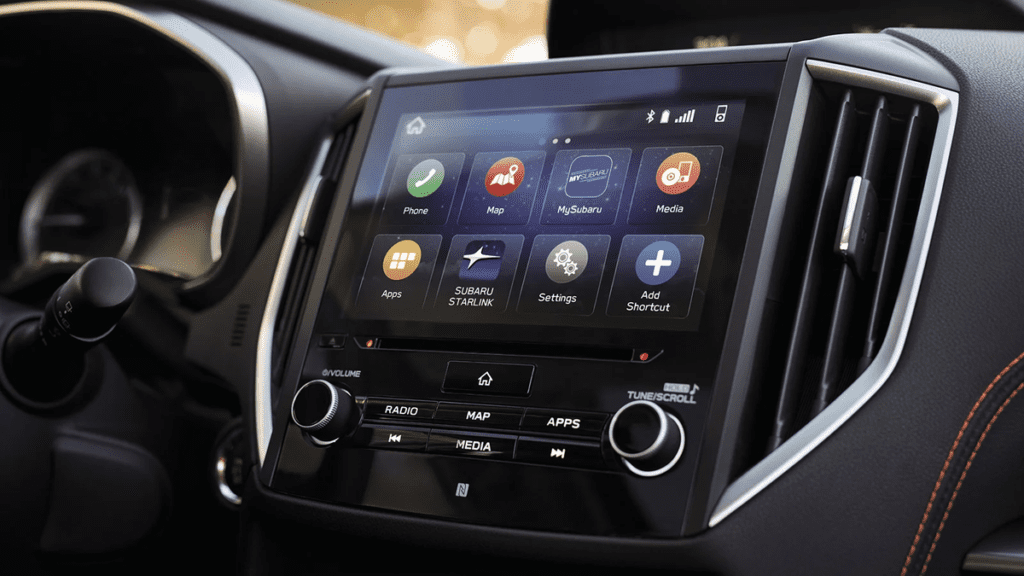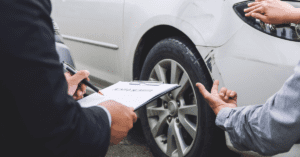Massachusetts Will Finally Enforce the Right to Repair Law Automakers Keep Kicking Down the Curb

Subaru stopped offering its Starlink telematics service, shown on an infotainment screen here, for Massachusetts-registered, model-year 2022 cars, rather than updating it to comply with the state’s 2020 law.Image: Subaru
Massachusetts passed its open telematics right-to-repair law way back in November 2020, but the state has thus far balked at enforcing it amid industry opposition. Newly-elected Attorney General Andrea Joy Campbell intends to change that on June 1.
In case you missed it:
A drawn-out legal challenge from the Alliance of Automotive Innovation (AAI) — a trade group comprising automakers and suppliers — has forced repeated delays of a decision from U.S. District Judge Douglas Woodlock. All the while, Massachusetts’ former Attorney General, now Governor Maura Healey, refused to enforce it in the interim.
Campbell has said enough’s enough — the law will take effect on June 1, based on a filing from her office in Boston’s district court this week. That is, unless the judge spikes the law in the next three months. From the Boston Globe:
“The people of Massachusetts deserve the benefit of the law they approved more than two years ago,” said Campbell, in a notice filed in US District Court in Boston. “Consumers and independent repair shops deserve to know whether they will receive access to vehicle repair data in the manner provided by the law. Auto manufacturers and dealers need to understand their obligations under the law and take action to achieve compliance.”
G/O Media may get a commission
Here’s how that figures to play out for automakers come June, and what could happen if they don’t institute data transparency:
Because of Campbell’s policy shift, new car dealers starting in June must tell car buyers the kind of data collected by the vehicle’s telematic system, provide the buyer with a way to access that data and the ability to provide access to independent auto repair shops for use in making repairs and performing maintenance. Failure to comply will allow car owners or repair shops to sue carmakers for triple damages or $10,000, whichever is greater.
If you’ve been following this story for a while, it likely won’t surprise you to know that car companies have not prepared for this in any manner — believing, I suppose, that the law overwhelmingly supported by two-thirds of voters would either be promptly defeated or remain mired in executive inaction. They probably could’ve come up with the beginnings of a platform in the past 27 months if they really tried, but the AAI doesn’t want to miss out on that sweet, sweet service revenue:
In October, carmakers informed the court that they had taken no steps to comply with the law, claiming it was impossible to do so. They said the law requires carmakers to use an independent entity to deliver telematic data to repair shops. But the carmakers noted that no such entity has been established, and the companies themselves can’t do it because then it wouldn’t be independent.
It’s unclear whether the automakers will seek an injunction to block enforcement of the law. A representative for the auto industry alliance declined to comment on Campbell’s decision.
In the meantime, AAI members Subaru and Kia stopped offering their respective telematics services — Starlink and Kia Connect, respectively — entering the 2022 model year, because it’s easier to kill a feature than render it compliant to the law. You have to wonder if the District Court in Boston is going to pick up the pace on a ruling, now that car manufacturers could be facing a number of lawsuits come this summer.




